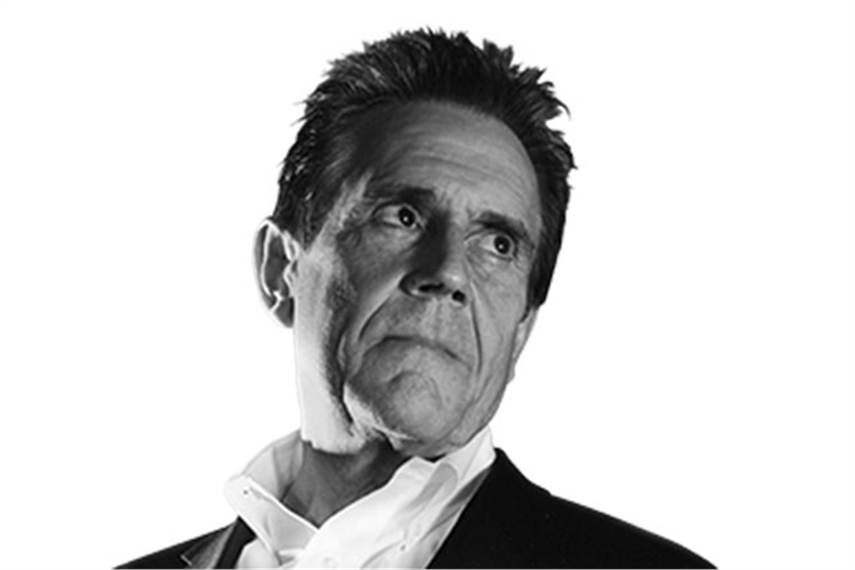
Sociologists have taken over advertising.
We don’t deal with business problems any more.
Some of you may remember the difference between FMCGs, Consumer Durables and Distress Purchases.
But it seems there’s just one kind of advertising now: FMCG.
That stands, of course, for fast-moving consumer goods: the things supermarkets sell.
You buy it. You use it. Tomorrow you buy another one.
It doesn’t take much brainpower to make a purchase.
Most products do the same thing and cost under a fiver.
So you buy one brand today – if you’re not happy, you buy a different brand tomorrow.
Which is why that kind of advertising is all about brands.
It’s rapid turnover: FAST-moving consumer goods.
But a car, or a sofa, or a computer isn’t rapid turnover.
You don’t buy one brand today and a different brand tomorrow.
These are Consumer Durables and cost thousands of pounds.
You buy them rarely so they need a bit more thought.
So they need a different kind of advertising.
Then again, painkillers, car tyres and insurance aren’t FMCGs either.
You don’t buy them because they’re stylish brands.
You buy them because you’ve got a problem to solve.
They are Distress Purchases.
So they need a different kind of advertising again.
Why then are all products treated like FMCGs?
We clearly saw this in the European Union referendum.
The brief was to get young people to vote Remain.
So the advertising consisted of a style the client thought would attract young people.
Quick cuts of strobe lights, dancing, hugging, shopping, graffiti, skydiving, chilled white wine, an iPhone.
Over these flashed the words: WORKIN, LEARNIN, EARNIN, SHOPPIN, RAVIN, CHATTIN, ROAMIN, MAKIN, MEETIN, SHARIN, GOIN, LIVIN and, finally, #VOTIN.
All backed by a thumping electronic track.
So, lots of pictures of the things young people like and repeat IN at the end of each word.
Just to let them know our brand, Remain, is the right brand for them.
But the European Union referendum wasn’t a brand.
It wasn’t another FMCG.
They couldn’t try it and, if they didn’t like it, try another brand tomorrow.
It needed a different kind of thinking.
But we don’t seem capable of a different kind of thinking.
The sociologists have one response in all situations.
"The answer is ‘brand’ – now what’s the question?"
We haven’t got an alternative approach to any situation because sociologists don’t deal in business problems.
They deal in finding out what people like.
Then showing them what they like and putting our name at the end.
As they say in New York: "When the only tool you’ve got is a hammer, every problem looks like a nail."
And it seems the only tool we’ve got is sociology.
So every ad looks like a mood board.
Maybe it’s time to realise sociology is just one of the possible answers.
And maybe "brand" is just one of the possible answers.
Maybe we should begin by answering the business problem first.
Then the answer won’t always be FMCG.
(Dave Trott is the author of Creative Mischief, Predatory Thinking and One Plus One Equals Three)
(This article first appeared on CampaignLive.co.uk)


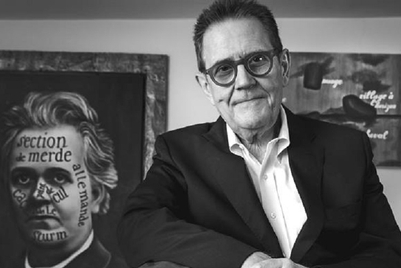
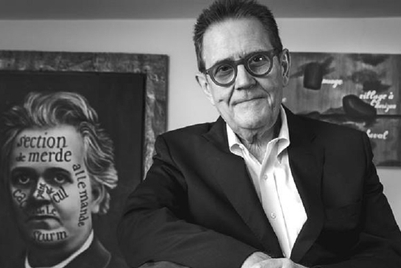
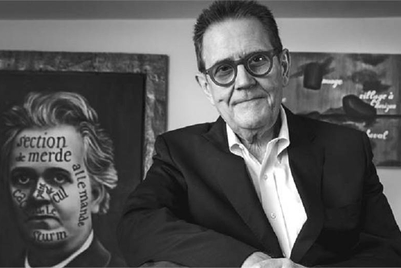
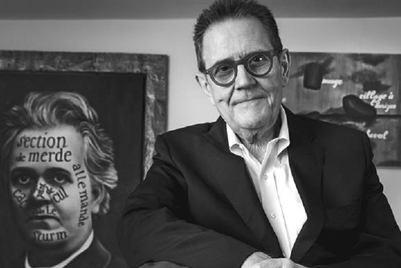
.png&h=268&w=401&q=100&v=20250320&c=1)
.png&h=268&w=401&q=100&v=20250320&c=1)
.png&h=268&w=401&q=100&v=20250320&c=1)
.png&h=268&w=401&q=100&v=20250320&c=1)
